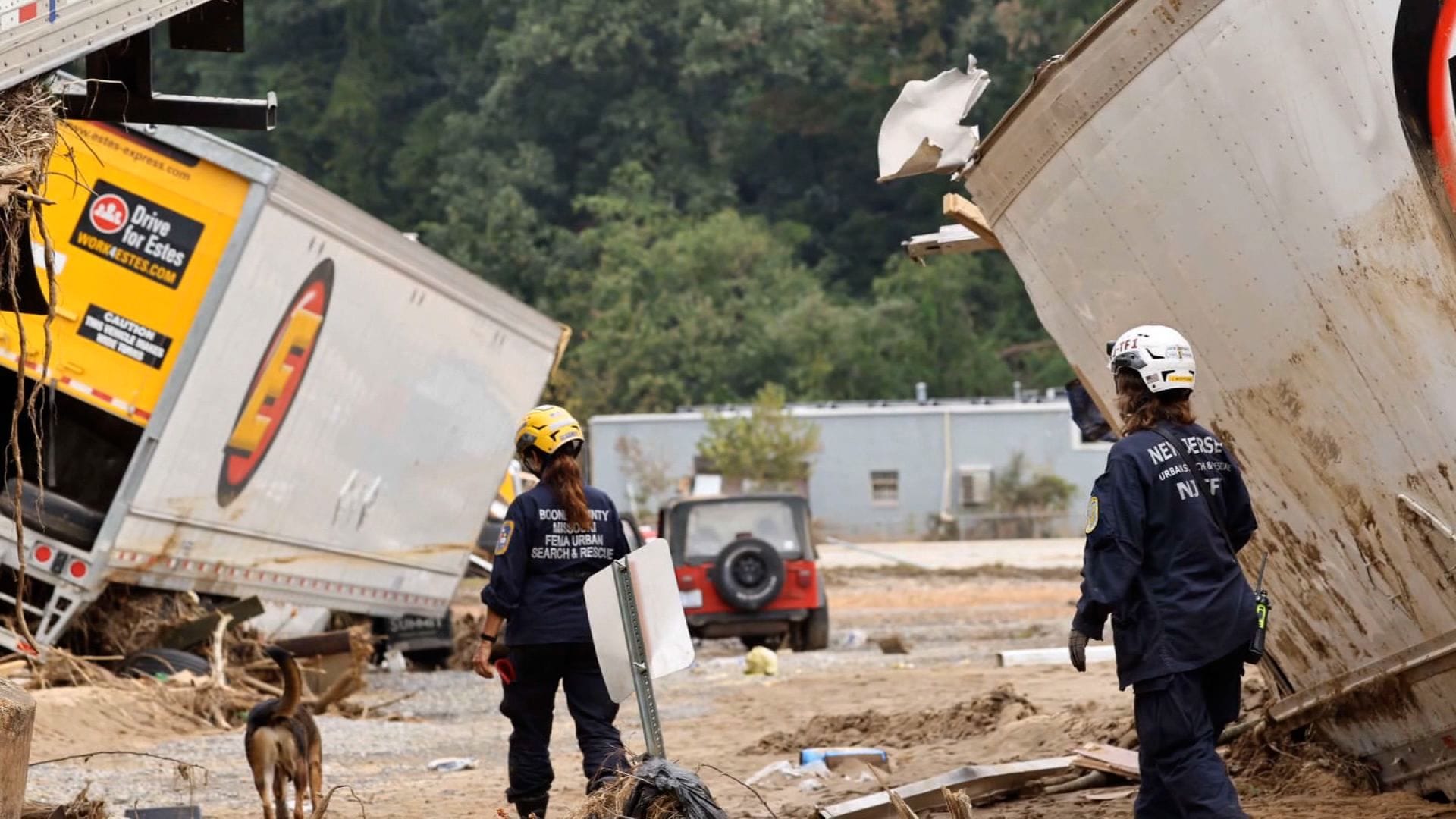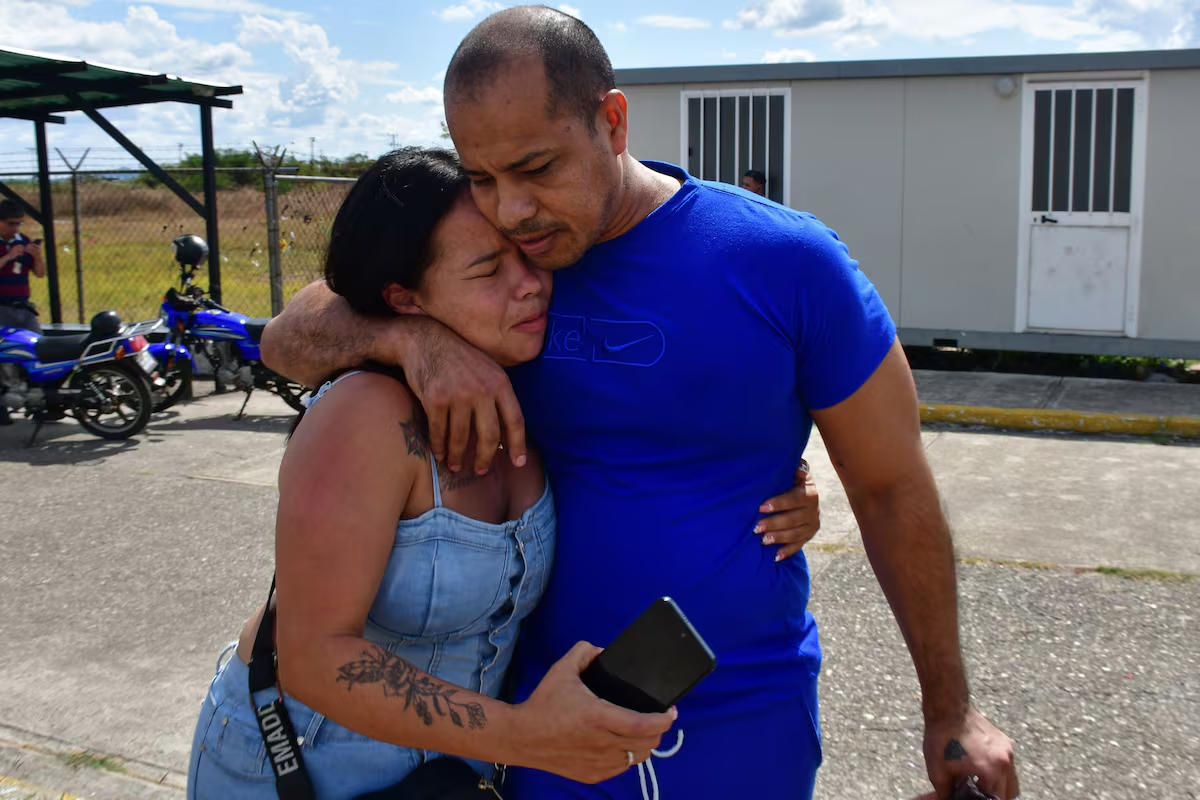The aftermath of Hurricane Helene has presented significant challenges for the Federal Emergency Management Agency (FEMA) as it works to support recovery efforts in North Carolina. The agency's operations have been hindered by logistical barriers, misinformation, and even armed threats, complicating the already difficult task of providing aid to affected communities.
Armed Threats
In Rutherford County, North Carolina, FEMA crews faced threats from individuals allegedly part of an armed militia. This prompted a strategic shift from door-to-door assistance to operating from fixed locations to ensure the safety of both FEMA workers and disaster survivors. The decision was made out of an abundance of caution after National Guard troops reportedly encountered armed individuals claiming they were "hunting FEMA."
These threats not only endangered FEMA personnel but also disrupted the delivery of much-needed aid. The agency's necessary adjustment to its operational strategy will likely exacerbate the human toll, further feeding into misinformation regarding the agency's ability to help.
Misinformation
Compounding these threats is a wave of misinformation that has spread across social media and other platforms. False claims about FEMA's intentions—such as land seizures and minimal aid distributions—have fueled distrust among local communities.
This has made it difficult for FEMA to effectively communicate its mission and services, leading to confusion and reluctance among residents to seek assistance. The proliferation of conspiracy theories has prompted FEMA to create a dedicated page on its website to debunk these rumors. The agency emphasizes that disaster recovery centers remain open and that efforts to support affected communities continue unabated.
In an election season shocked by humanitarian disasters in two swing states, the impact of this misinformation extends beyond immediate hurricane response. Dissatisfaction with the governmental response will likely shift the balance in the election by presenting new (and sometimes fabricated) voter priorities.
The Response
In response to the threats against FEMA workers, local and state law enforcement agencies have taken several steps to ensure the safety of disaster response personnel. The Rutherford County Sheriff's Office received reports of an individual making threats against FEMA employees, which led to the arrest of William Jacob Parsons. Parsons was found with a handgun and a rifle and was charged with "going armed to the terror of the public," a misdemeanor offense. Initial reports suggested involvement from a "truckload of militia," but further investigation determined that Parsons acted alone.
Governor Roy Cooper's office has acknowledged the situation, emphasizing the importance of addressing both the threats and the misinformation circulating online. Cooper directed state law enforcement to collaborate with local agencies to investigate these threats and rumors. This coordination aims to dispel false information that has exacerbated tensions and contributed to community distrust.
The North Carolina National Guard has also been involved in assessing the security situation. Although there were initial claims of encounters with armed militia groups, the National Guard reported no confirmed incidents involving their personnel. Nonetheless, they continue to support recovery efforts across affected counties while remaining vigilant for any potential threats.
It is important to note the real impact of this misinformation. Although some concerns regarding the governmental response may be valid, exaggerating and lying about governmental failures only obscures which concerns are truthful, ultimately making it more difficult to save lives now and improve procedures in the future. Furthermore, armed threats against humanitarian agencies only make their job more difficult, leading to a less effective government response. Finally, public distrust in FEMA can lead to fewer people seeking help, prolonging and exacerbating the human toll of disasters.
As North Carolina continues its recovery from Hurricane Helene, overcoming barriers such as armed threats and misinformation is crucial for effective disaster response. By addressing these challenges head-on, FEMA aims to provide the necessary support for affected communities while ensuring the safety of its personnel. Effective collaboration between state, federal, and local authorities remains essential in saving lives and mitigating the impact of the hurricane.















Discussion